Tag: electric vehicle; zero-emission vehicle; new energy vehicle
California announced a major initiative to embrace new energy vehicles on August 25. The state plans to increase the percentage of zero-emission vehicle sales to 35% in 2026, 68% in 2030 and 100% in 2035, with a total ban on fuel vehicles.
Nikkei Asia reported on the 26th that Japanese car companies, including Toyota, Honda and Nissan, are anxious about this new regulation, and they are now selling a very low percentage of zero-emission vehicles in California, and it is simply not possible to reach 35 percent in just four years. And some U.S. new energy vehicle experts said that as the nation's largest auto market, California's new initiative will likely attract a dozen states to follow suit.
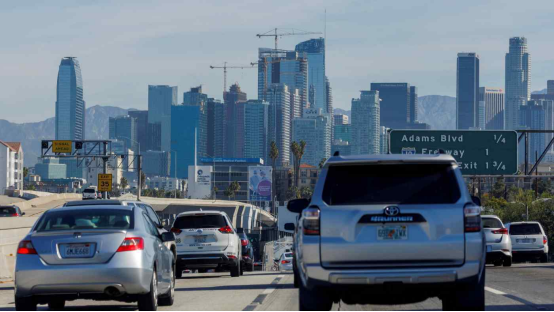
According to the New York Times and other U.S. media reports, this new regulation, issued by the California Air Resources Board (CARB) on August 25, requires that by 2035, all new cars, SUVs and small pickup trucks sold in California are not allowed to emit greenhouse gases such as carbon dioxide. And in 2026, zero-emission vehicle sales will reach 35 percent, and in 2030 to 68 percent.
This new rule allows up to 20 percent of zero-emission vehicles to be plug-in hybrids. All car companies that violate the rules could be fined $20,000 per offending vehicle. However, the new rules will not prohibit people from continuing to drive fuel-efficient vehicles after 2035, nor will they prohibit people from buying and selling fuel-efficient vehicles on the used market.
The New York Times said California government officials said California will have 16 percent of new vehicles sold in 2022 with zero-emissions vehicles, compared with 12.4 percent in 2021.
This is not good news For Toyota, Honda, Nissan and other large Japanese car companies.
As USA’s largest auto market, California is also a "leader" in establishing new standards in the automotive field. The U.S. Environmental Protection Agency (EPA) former official, new energy vehicle experts Margo (Margo Oge) 26 said to the U.S. media, is expected to have 17 states will follow California to adopt similar policies, which will cover 40% of the annual sales of U.S. cars, the automotive industry will usher in a radical change.
The U.S. market is critical for Japanese automakers. In 2021, Toyota (including Lexus) became the sales champion in the U.S. market, with cumulative sales of more than 2.3 million units. At the same time, Honda and Nissan's cumulative sales in the U.S. market are in the million range, ranking fourth and fifth respectively.
For this reason, Japanese car companies are actively responding to change. According to Nikkei Asia, Toyota has proposed a plan to sell 3.5 million electric vehicles worldwide by 2030, and although Toyota has not yet announced the sales target that will be set in the U.S., it has proposed that all Lexus vehicles sold in the U.S. market in 2030 will be pure electric vehicles.
Mazda, another Japanese car company with the U.S. as its main market, has launched its new energy vehicle MX-30 EV exclusively in California, although only 324 units of the car model were sold from January to July this year, the report said.
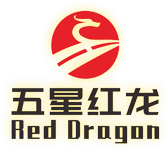




 English
English
 English
English Français
Français Deutsch
Deutsch Pусский
Pусский Español
Español العربية
العربية ไทย
ไทย עברית
עברית 中文
中文 Português
Português

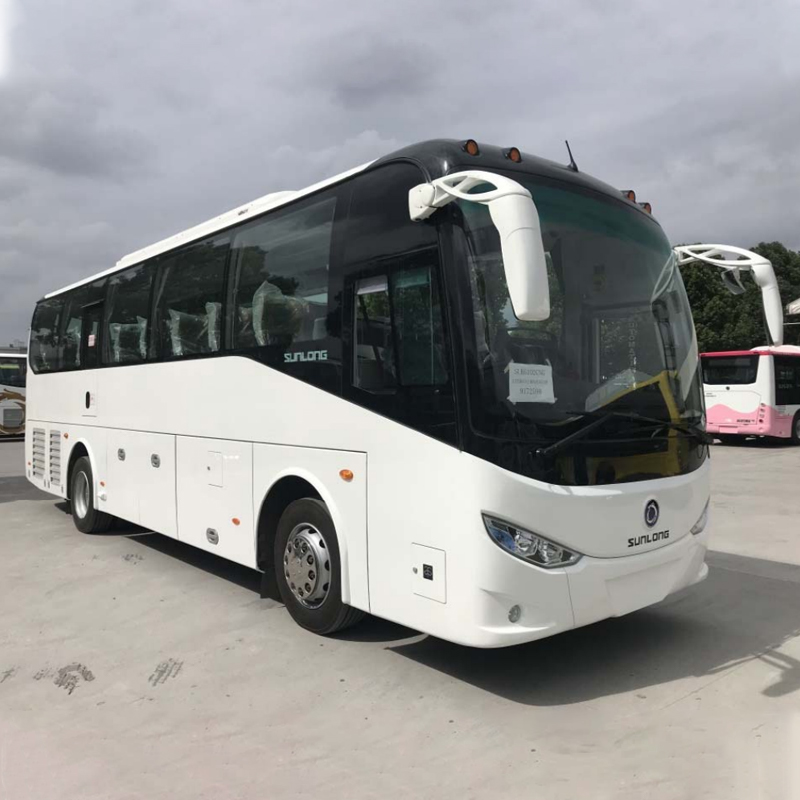
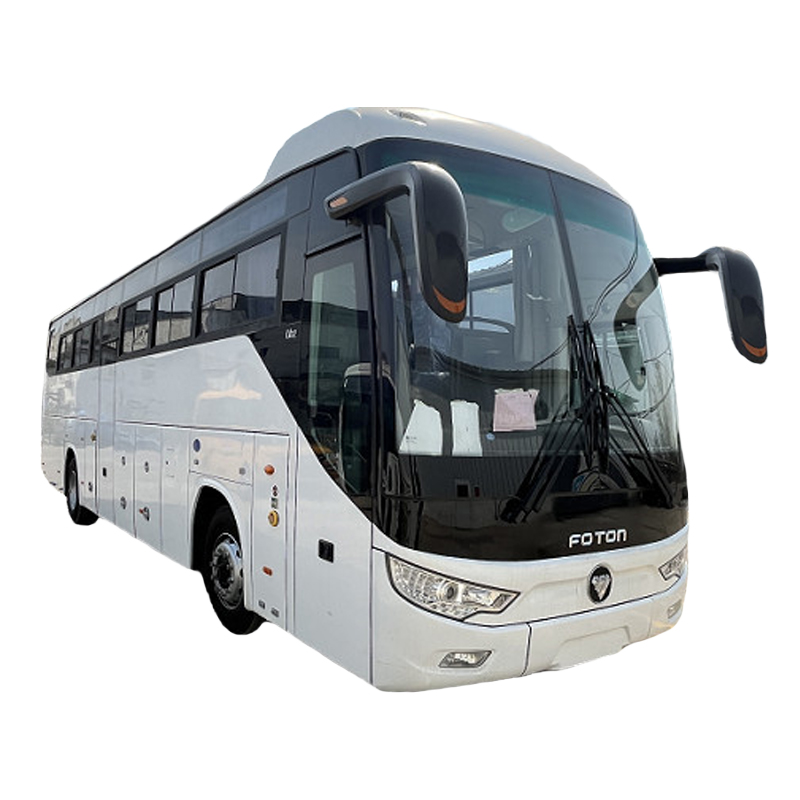
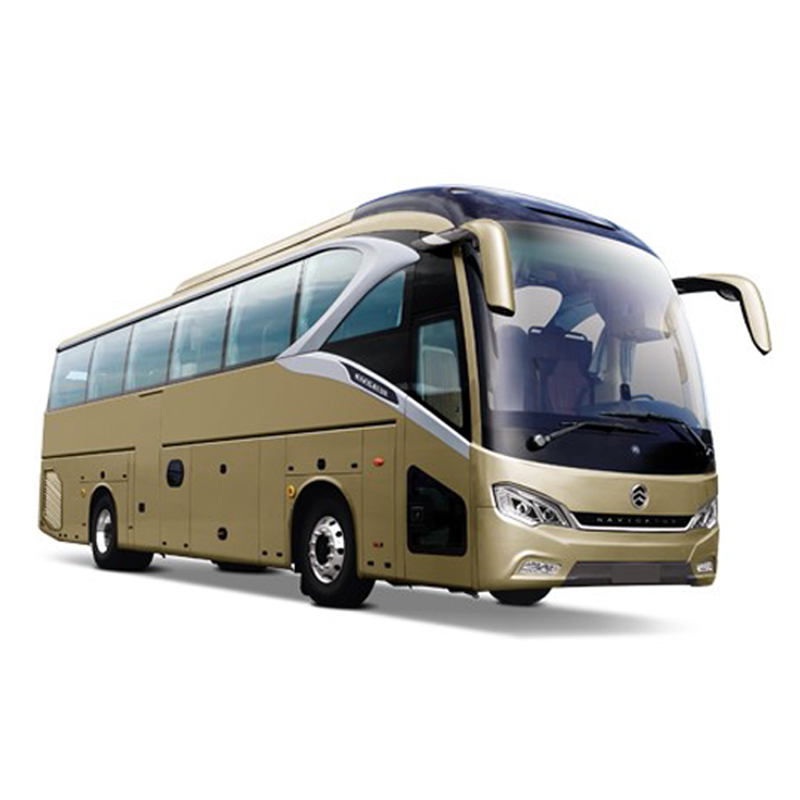
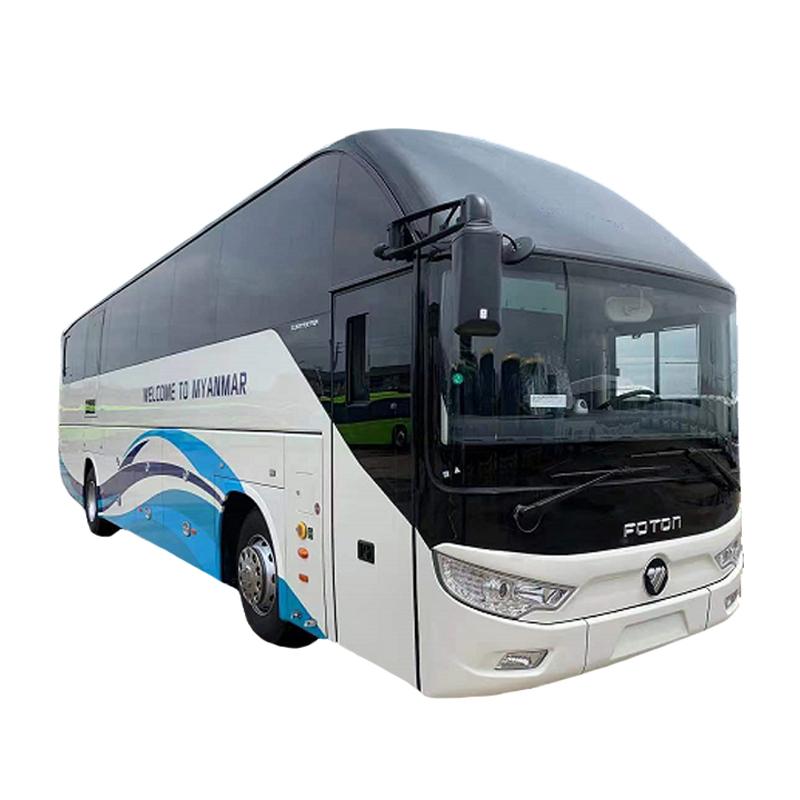





 IPv6 network supported
IPv6 network supported